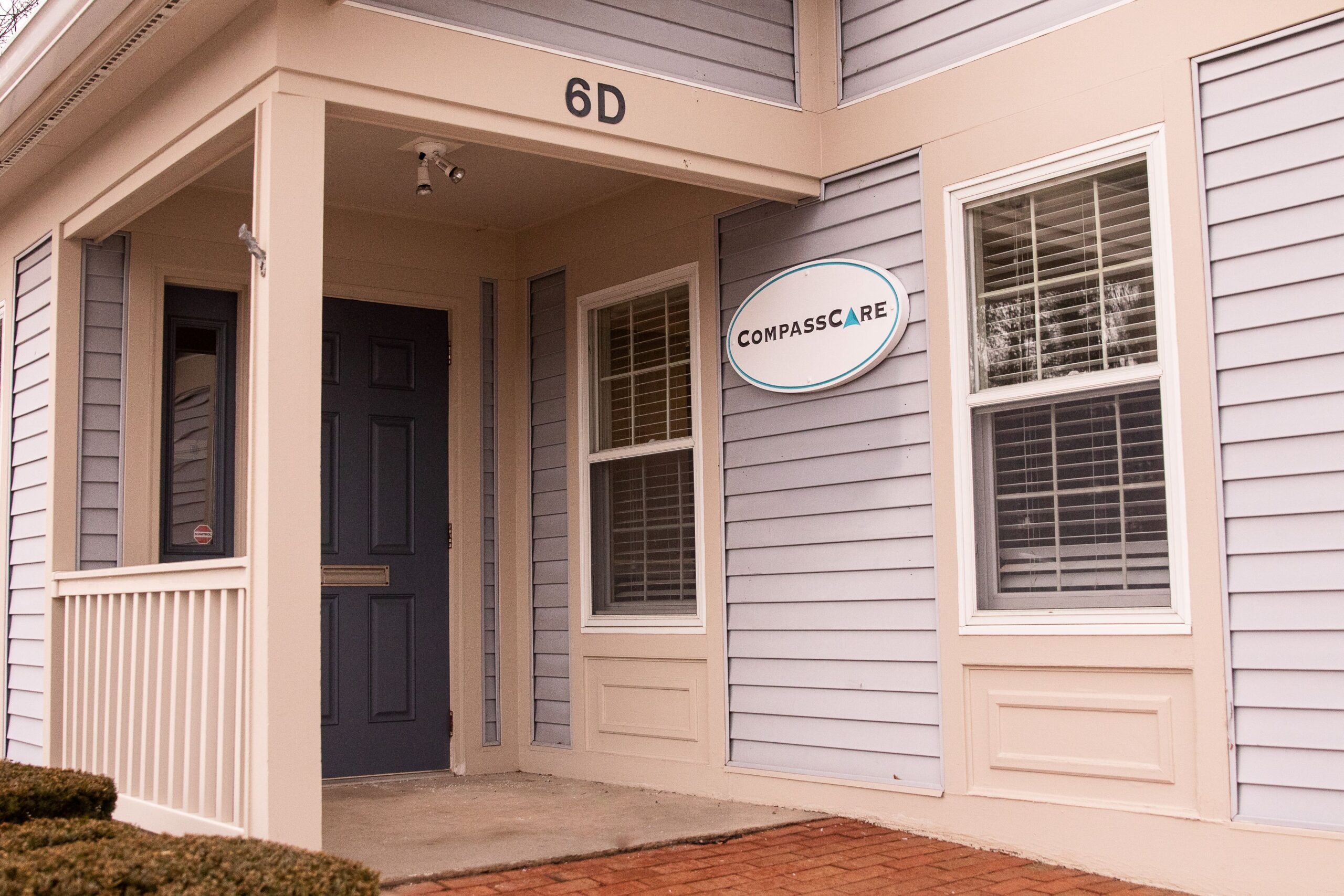Description: SB 660, a law passed by the New York State Assembly and signed by the governor, requires all employers—including churches, religious schools, faith-based pregnancy care centers, and religious nonprofits—to disavow their beliefs about abortion, contraception, and sexual morality by forcing them to hire and employ those who refuse to abide by the organizations’ statements of faith.

2nd Circuit reinstates religious groups’ claim seeking freedom to hire according to faith
Federal appeals court reinstates claim challenging New York law that violates hiring practices of churches, pro-life pregnancy centers
Thursday, Jan 2, 2025
NEW YORK – The U.S. Court of Appeals for the 2nd Circuit ruled Thursday to reinstate an expressive association claim seeking to affirm the freedom of faith-based pregnancy centers and churches to employ individuals who agree with their fundamental beliefs and missions. In the case CompassCare v. Hochul, Alliance Defending Freedom attorneys represent CompassCare, a faith-based pregnancy center in Rochester; First Bible Baptist Church; and the National Institute of Family and Life Advocates, an association of pro-life pregnancy centers.
At issue is a New York state law, SB 660, which required employers—including churches, religious schools, faith-based pregnancy care centers, and religious nonprofits—to undermine their own beliefs about abortion, contraception, and sexual morality by forcing them to employ those who cannot effectively convey the groups’ message because they refuse to abide by the organizations’ statements of faith and core principles about such issues. The law violates the groups’ First Amendment rights.
“Our nation has long respected the rights of religious organizations to associate with like-minded believers, and the court’s decision rightly reinstates our clients’ claim seeking to affirm that this right protects employment practices affecting the groups’ mission,” said ADF Senior Counsel Kevin Theriot. “Religious employers are free to hire individuals who share their core beliefs, and no government can force faith-based organizations to contradict those convictions. The 2nd Circuit was right to revive this challenge, allowing our clients the opportunity to defend their constitutionally protected freedom to join with others and express what they believe without fear of government punishment or coercion.”
James P. Trainor, one of more than 4,800 attorneys in the ADF Attorney Network, is serving as local counsel in the case.
Alliance Defending Freedom is an alliance-building, non-profit legal organization committed to protecting religious freedom, free speech, parental rights, and the sanctity of life.